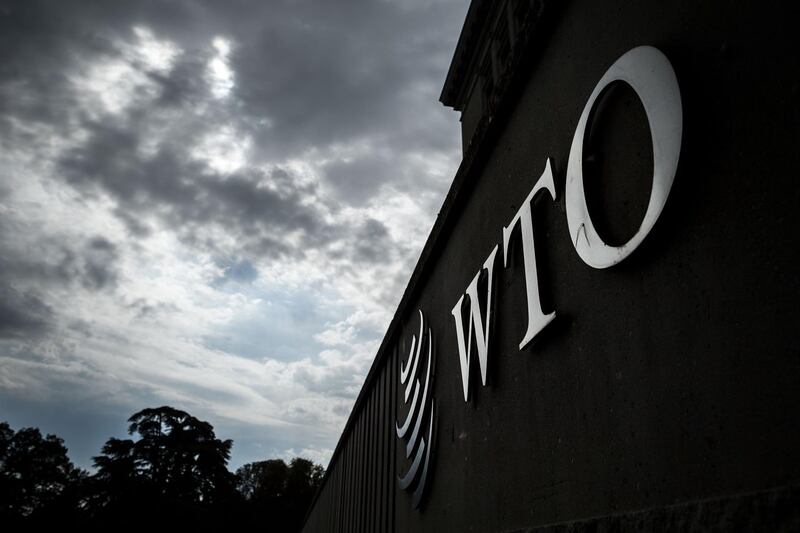The World Trade Organisation on Tuesday issued its ruling on a complaint brought by Qatar against Saudi Arabia over an alleged failure to provide adequate protection for its intellectual property rights.
Qatar accuses Saudi Arabia of blocking its broadcaster beIN and not taking proper action against an outlet called beoutQ.
The WTO upheld Saudi Arabia's view that it could prevent Qatar's broadcaster from pursuing its own civil action in Saudi Arabia's courts on grounds of national security.
The dispute panel's finding is that the requirements to invoke the security exception had been met given an "emergency in international relations" exists.
Saudi, the UAE, Bahrain and Egypt severed diplomatic and trade links with Qatar in June 2017 over its support for extremism in the region, and meddling in the internal affairs of its neighbours.
In its full report, the panel noted that Riyadh's position in the dispute is that it “seeks to protect Saudi citizens and the Saudi population, Saudi government institutions, and the territory of Saudi Arabia from the threats of terrorism and extremism”.
The WTO also found that Saudi Arabia had not adequately provided "for criminal procedures and penalties to be applied to beoutQ", an action that was inconsistent with a global agreement on intellectual property.
"Saudi Arabia has a strong record of protecting intellectual property and is committed to applying its national law and procedures in full conformity with WTO rules," Riyadh's permanent mission to the trade organisation said on Tuesday.
It also said the panel's ruling did not "require any specific action".
Qatar first took the complaint to the WTO in October 2018.






